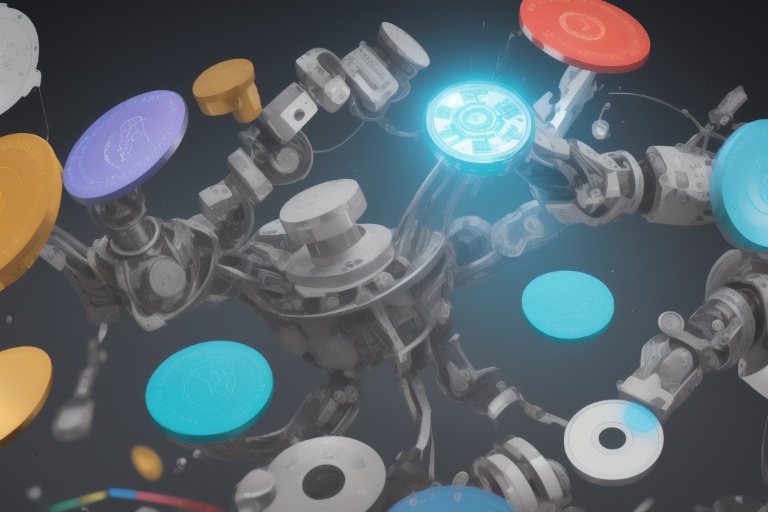The integration of artificial intelligence (AI), machine learning, and programming into the healthcare industry represents a monumental leap in the way we approach medicine. These innovations are not merely theoretical concepts; they are current and tangible forces that are progressively reshaping medical practices by enhancing diagnostic precision, personalizing treatment plans, and improving surgical methods.
The integration of artificial intelligence (AI), machine learning, and programming into the healthcare industry represents a monumental leap in the way we approach medicine. These innovations are not merely theoretical concepts; they are current and tangible forces that are progressively reshaping medical practices by enhancing diagnostic precision, personalizing treatment plans, and improving surgical methods.
Transforming Diagnostics
The enormous capacity to process and analyze patient data is one of the remarkable benefits offered by AI and machine learning. Traditional methods, while effective, can sometimes miss subtle patterns or indicators that these advanced technologies can detect. This increased ability to recognize health issues at earlier stages can be life-saving. Moreover, AI algorithms are making strides in medical imaging. By aiding in the analysis of X-rays, MRIs, and other scans, they provide radiologists with invaluable support, allowing them to dedicate their expertise to more complex tasks.
Personalizing Treatment
The role of AI in developing personalized treatment strategies is another area where its impact is profound. Every patient has unique genetic markers and medical histories, which these technologies take into account to help physicians craft highly individualized treatment regimens. This level of customization ensures that patients receive the precise care they require, enhancing the effectiveness of treatments and minimizing potential side effects.
Revolutionizing Surgery with Robotics
Surgical practices are also evolving through the input of programming and machine learning. Robotic surgery, armed with advanced algorithms, allows for precision and finesse that can be challenging to achieve with human hands alone. These robotic systems offer minimally invasive options, leading to faster recovery periods and diminishing the chances of postoperative complications for patients.
The Proactive Approach to Population Health
Beyond the individual patient, AI and machine learning are powerful tools for population health management. By sifting through an array of data sources, including electronic health records and information from wearable technology, healthcare providers can identify common health issues within populations. From here, they can strategize on preventive measures, ushering in healthier communities and increasing the efficiency of the healthcare system as a whole.
Addressing Challenges and Ethics
With great potential, however, comes the responsibility to address the challenges and ethical considerations that arise. The reliance on data brings forward concerns about patient privacy and data security, necessitating a delicate balance between innovation and confidentiality. It is of utmost importance that patients' personal information is protected as these technologies are employed.
Preparing Healthcare Professionals for Technological Advancements
Another important consideration is the preparedness of healthcare professionals for these changes. As medicine becomes more intertwined with AI and programming, medical education systems must evolve. Incorporating data analysis and programming into the curriculum will be crucial for training future doctors to utilize these tools efficiently. Additionally, fostering collaboration between healthcare specialists and tech experts will be fundamental in unlocking the full potential of these technological advances.
Concluding Thoughts on the Future of Medicine
The horizon of medicine is expanding with the integration of AI, machine learning, and programming. These technologies are pivotal in advancing the accuracy and efficiency of medical interventions, enabling clinicians to provide better-tailored care to patients. However, as we move forward with these innovations, we must give due attention to the ethical use of data and the readiness of our healthcare workforce. With a careful, considered approach, we can ensure that the future of medical treatment is not only more advanced but also ethical, secure, and patient-focused. It's an exciting time in healthcare, and the responsible harnessing of these new tools will lead to unprecedented improvements in patient care and outcomes.
Information for this article was gathered from the following source.




